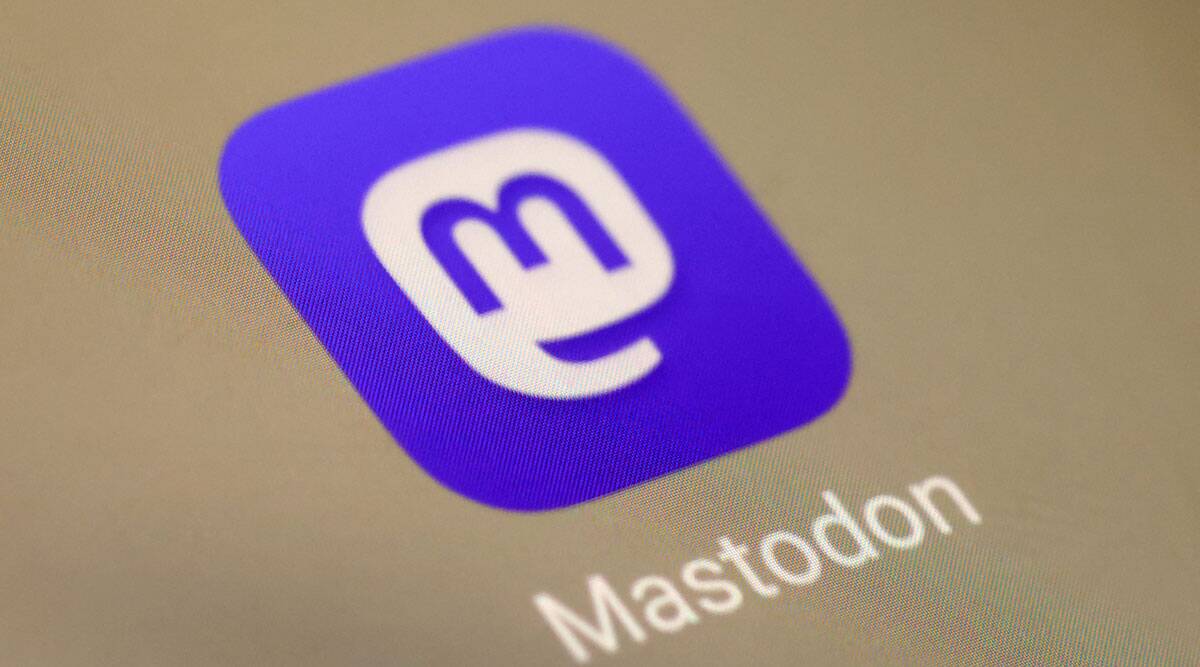Mastodon loses hundreds of thousands of users weeks after peak in popularity
Mastodon's popularity peaked in the last week of November and the first week of December last year when its number of users hovered around 2.5 million. Fast-forward to 2023, and that number has fallen dramatically.
 Hundreds of thousands of Mastodon users seem to no longer be using the platform just weeks after its peak in popularity. (Image credit: Mastodon)
Hundreds of thousands of Mastodon users seem to no longer be using the platform just weeks after its peak in popularity. (Image credit: Mastodon) Hundreds of thousands of users flocked to the decentralised social network Mastodon in the wake of Elon Musk’s acquisition of Twitter. But now, it seems like many of those users are no longer using the platform. In the first week of January, the number of active users on Mastodon hovered around the 1.8 million mark, compared to the around 2.5 million active users that the platform had at the beginning of December last year.
Mastodon is a social network built on open-source software being run across many interconnected yet independent servers, or “instances.” The federated platform is often touted as an alternative to centralise social media platforms like Twitter and Facebook. But that is not how the scenario played out, and some experts believe that the complexity of the platform might be serving as a hurdle.
Meg Coffey, an Australia-based social media strategist explained to The Guardian how the relative simplicity of platforms like Twitter makes them more accessible, “Twitter, in its most basic form is simple. You can open up an app or open up a website, type some words, and you’re done. I mean, it was a basic SMS platform. Everybody went and signed up [on Mastodon] and realised how hard it was, and then got back on Twitter and were like, ‘Oh, that’s, that’s hard. Maybe we won’t go there’”
According to Coffey, the influx of Twitter users from the platform around November 5 presented a great opportunity for Mastodon. Concurrently, there was a sudden spike in the number of users of Mastodon, with upticks coinciding with controversial decisions taken and statements made by Twitter chief Elon Musk.
And there was no shortage of controversial decisions. Shortly after Musk took control of the social media platform, it fired thousands of workers; it made changes to the verification policy, causing chaos and confusion on the platform; it reinstated the account of former US president Donald Trump; and briefly, even the account of controversial artist Kanye West, before he was suspended again.
Coffey told The Guardian that Mastodon may have proven to be too complicated for many users who might have struggled to “port” the community that they were interacting with on Twitter before they left it. Many of these users may have gone back to Twitter, while many others may have even left social media entirely.







